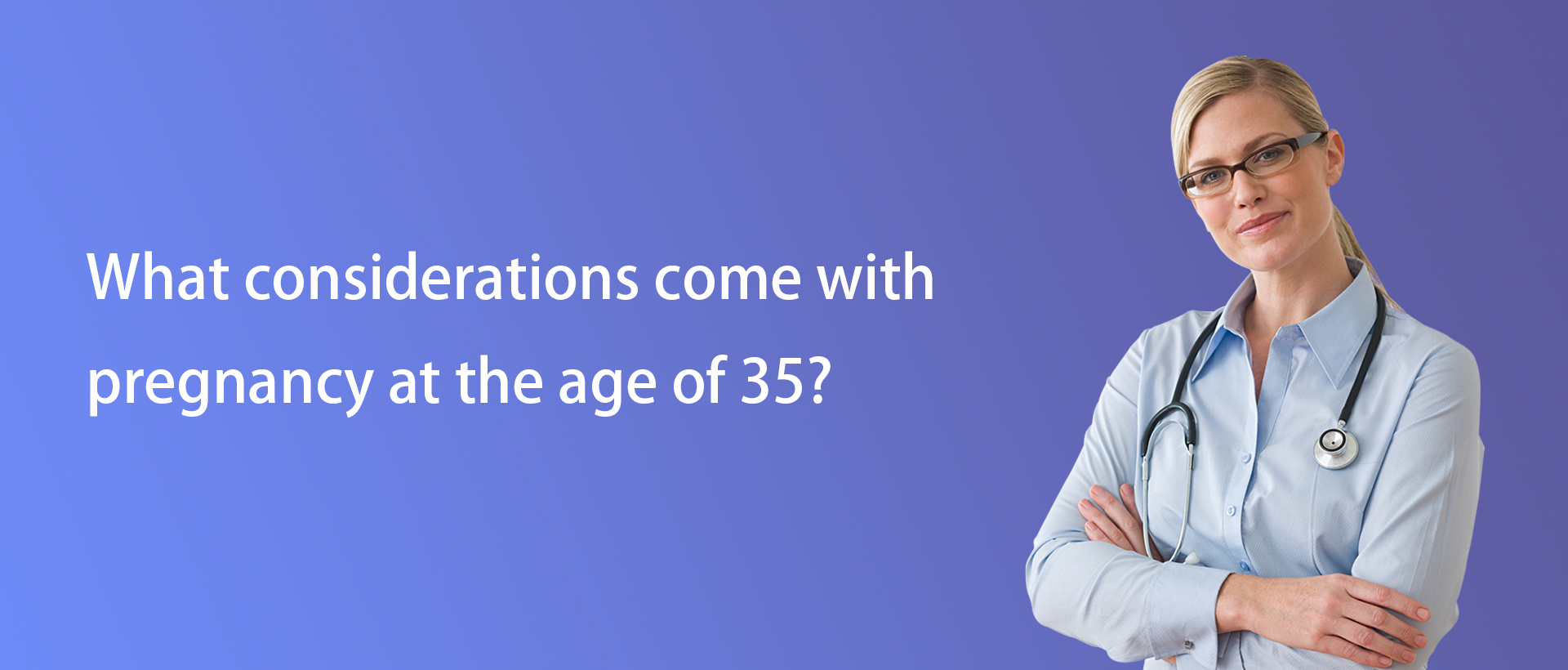
Q: What considerations come with pregnancy at the age of 35?
A:
1. Q: What factors should be considered when getting pregnant at 35?
- A: Getting pregnant at the age of 35 involves considering the following factors:
2. Q: Does getting pregnant after 35 increase risks?
- A: Yes, getting pregnant after 35 may increase certain risks, including chromosomal abnormalities (such as Down syndrome) and other pregnancy complications.
3. Q: What complications might increase during pregnancy after 35?
- A: Pregnancy after 35 may increase the risks of conditions like hypertension, diabetes, placental abruption, and other complications.
4. Q: What strategies can enhance the success of pregnancy after 35?
- A: Maintaining a healthy lifestyle, regular check-ups, following medical advice, maintaining ideal body weight, avoiding tobacco, and limiting alcohol intake can contribute to increasing the success rate of pregnancy after 35.
5. Q: How to more accurately understand the ovulation cycle?
- A: Ovulation testing is a natural method that helps predict the ovulation period by detecting luteinizing hormone (LH) levels in urine, providing the optimal fertility window. Understanding the ovulation cycle and using ovulation tests can enhance the chances of pregnancy.
6. Q: Should more detailed fertility health assessments be considered?
- A: For women aged 35 and above, considering more detailed fertility health assessments, including genetic counseling and genetic testing, may be beneficial.
7. Q: Can assisted reproductive technologies be used to increase success rates?
- A: For women getting pregnant after 35, considering assisted reproductive technologies such as in vitro fertilization (IVF) may enhance the chances of successful conception.
8. Q: Does pregnancy after 35 require more frequent prenatal check-ups?
- A: Yes, it is advisable to have more frequent prenatal check-ups after the age of 35 to ensure early detection and management of any potential health issues.
9. Q: When should medical advice be sought?
- A: If there are any concerns or issues during pregnancy after 35, it is advisable to seek medical advice promptly. Early medical consultation provides better guidance and support.
Please note that the information provided is general, and each person's situation is unique. If you are planning to get pregnant after the age of 35 or are already pregnant, it is best to consult healthcare professionals for personalized advice and support.
